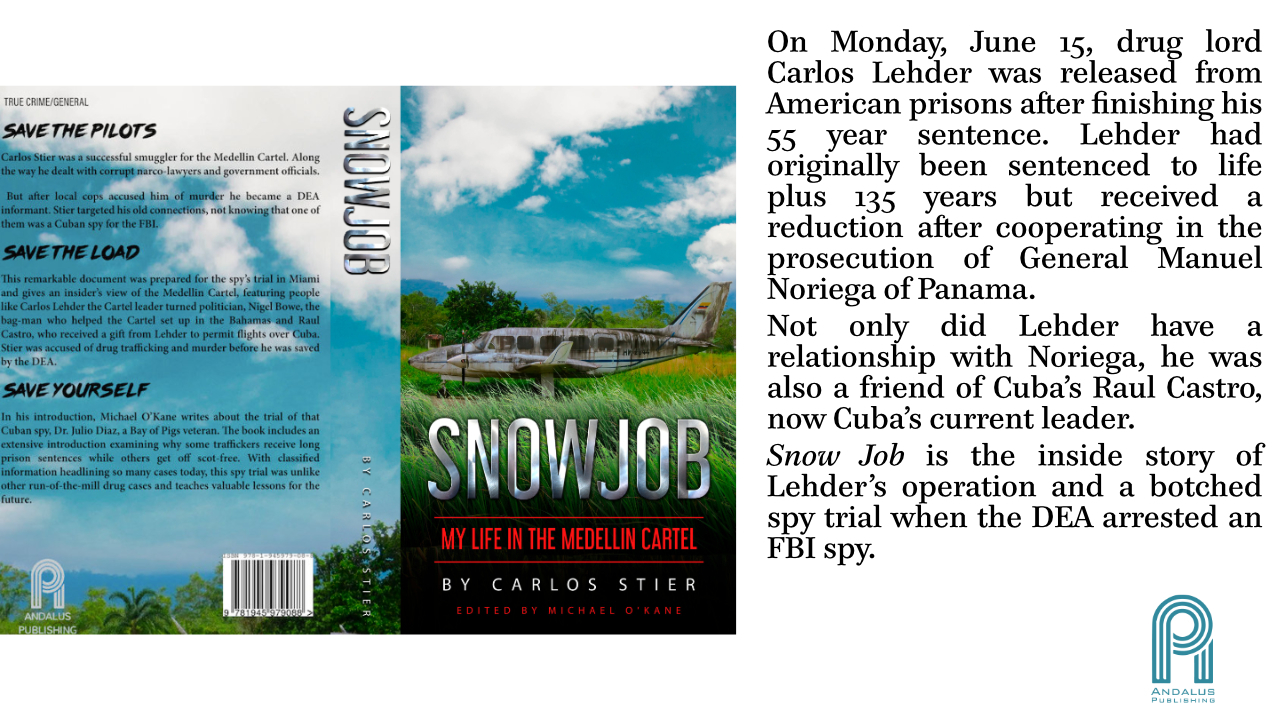Steve Bannon Arrest
The arrest was made by US Postal Inspectors, one of the most professional of all federal law enforcement agencies. If you look, you will see that while the FBI has had rogue agents, rogue directors and has gone rogue itself (see, COINTELPRO) the Postal Inspection Service has not suffered such political blows. Bannon is charged with mail fraud; one of the easiest federal crimes to prove. In practice, tell a lie lick a stamp Are the two elements of the crime.

